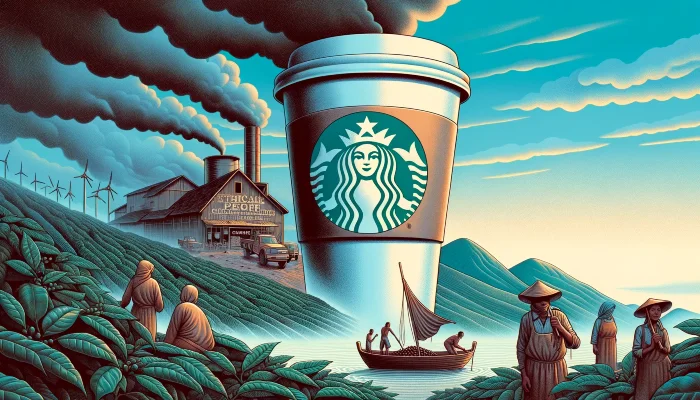In a lawsuit that could potentially transform the industry, environmental and human rights advocates are calling out Starbucks. The accusation? Starbucks, a coffee giant, stands accused of sourcing from farms with human rights abuses, contradicting its ‘ethical’ image. Now, this isn’t the first time that the largest coffee chain has been accused of various forms of greenwashing or virtue-signaling. But this time, a court could force a transformation, much needed in our opinion.
“Starbucks is heralding its commitment to 100% ethical sourcing on every bag of coffee and box of K-cups it sells,” states Sally Greenberg, CEO of the National Consumers League. This lawsuit, filed in Washington, D.C., alleges that Starbucks’ claims of ethical sourcing are misleading, as it continues to buy from suppliers with documented human rights and labor abuses.
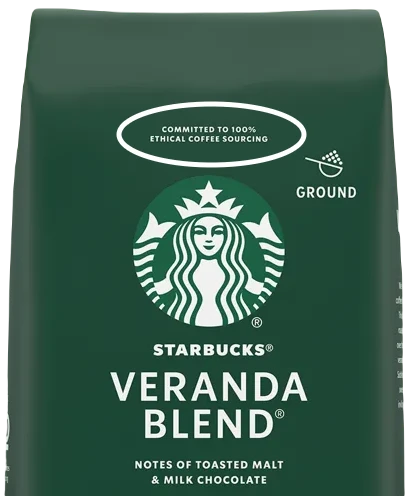
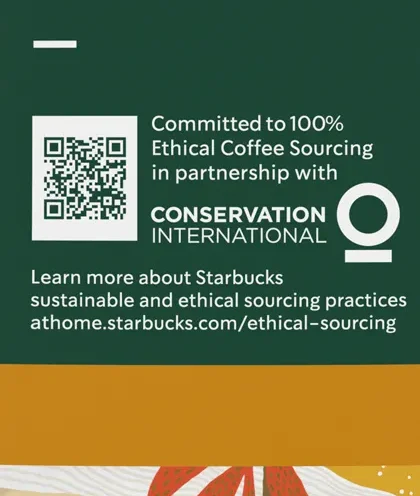
The case points to reports of abuses in Guatemala, Kenya, and Brazil. It claims Starbucks is aware of these issues yet continues its partnerships. This is particularly alarming for environmentally conscious consumers, who rely on corporate commitments to make informed purchases.
Starbucks responded, noting, “We are aware of the lawsuit, and plan to aggressively defend against the asserted claims that Starbucks has misrepresented its ethical sourcing commitments to customers.” They emphasize taking such allegations seriously and their commitment to meeting standards outlined in their Global Human Rights Statement. Of course, they’ve been responding in similar fashion to these discoveries for a decade now, and not much has changed.
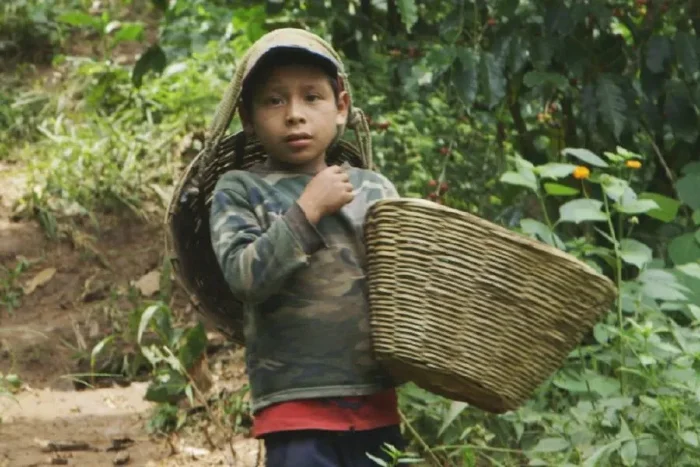
A troubling scenario unfolded in Brazil, where labor officials have intervened in several cases involving reported Starbucks suppliers. These suppliers were cited for various abuses, including employing underage workers, and providing inadequate working conditions. “In 2022, 17 workers, including three minors, were rescued… from ‘modern slavery,'” reported Reporter Brasil, highlighting the severity of the situation.
Following these reports, Starbucks expressed deep concern, promising to “thoroughly investigate” and take “immediate action” to rectify any violations. The company has since stated that corrective actions have been taken in Guatemala and Kenya.
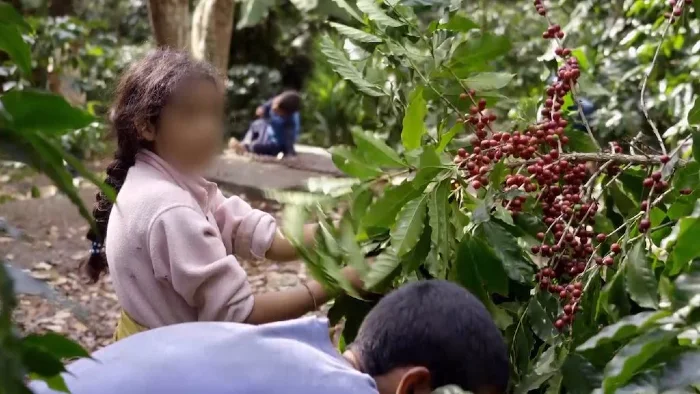
A Starbucks coffee buyer, in a promotional video that the company will not allow us to post in this article, describes the company’s ethical sourcing stamp as a commitment to the well-being of the planet and its people. This statement now faces scrutiny as the lawsuit seeks to hold Starbucks accountable for its advertising, especially the “Committed to 100% Ethical Coffee Sourcing” claim.
The lawsuit brings to light questions about the effectiveness of third-party certification programs. Starbucks uses these for its tea and cocoa chains and has its C.A.F.E. Practices for coffee. However, the effectiveness of these programs remains in question.
More To Discover
- Green Energy’s Uptick: A Silver Lining with a Cloudy Forecast
- Vanuatu Stops Chinese Logging Firm Amid Theft Claims and Workers In Chinese Military Uniforms
- Earth’s Northern Crown At Risk: Our Largest Continuous Expanse of Wilderness Is Shrinking
- Bottom Trawling Unleashes 370 Million Tons of Hidden Carbon Emissions, Study Reveals
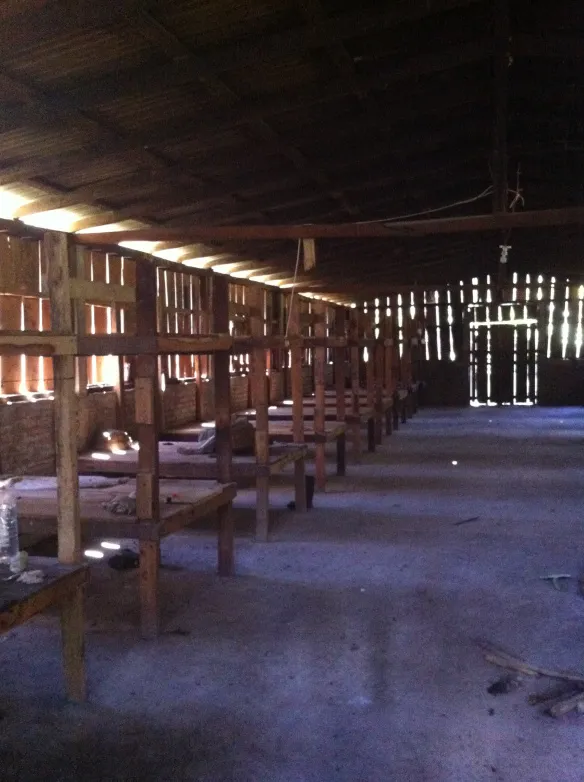
Genevieve LeBaron, an expert in global supply chain ethics, points out a recurring issue: “There is this huge pile of evidence that shows that the mechanisms that [certifiers are] relying on to address problems like forced labor, child labor, gender-based violence, are extremely flawed and not working very well.” LeBaron’s research suggests little difference in labor violations between certified and uncertified farms.
This case against Starbucks goes beyond a single company. It’s spotlighting a systemic issue in the agriculture industry, where the pursuit of lower costs often leads to ethical and environmental compromises. Depending on how this case plays out, many industries could face a wake-up call that’ll be welcomed by environmentally conscious consumers, that could challenge the true meaning and implementation of ‘ethical’ sourcing. After all, what’s the definition of ‘ethical’ sourcing, and who dictates it?








